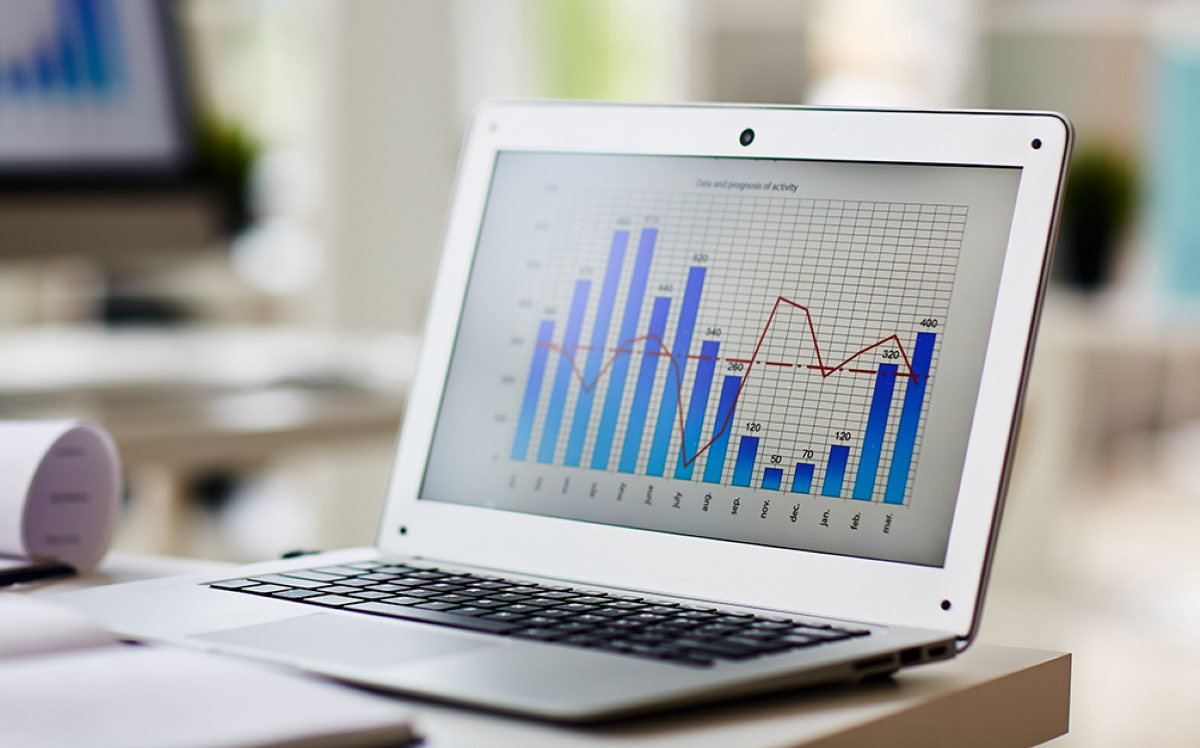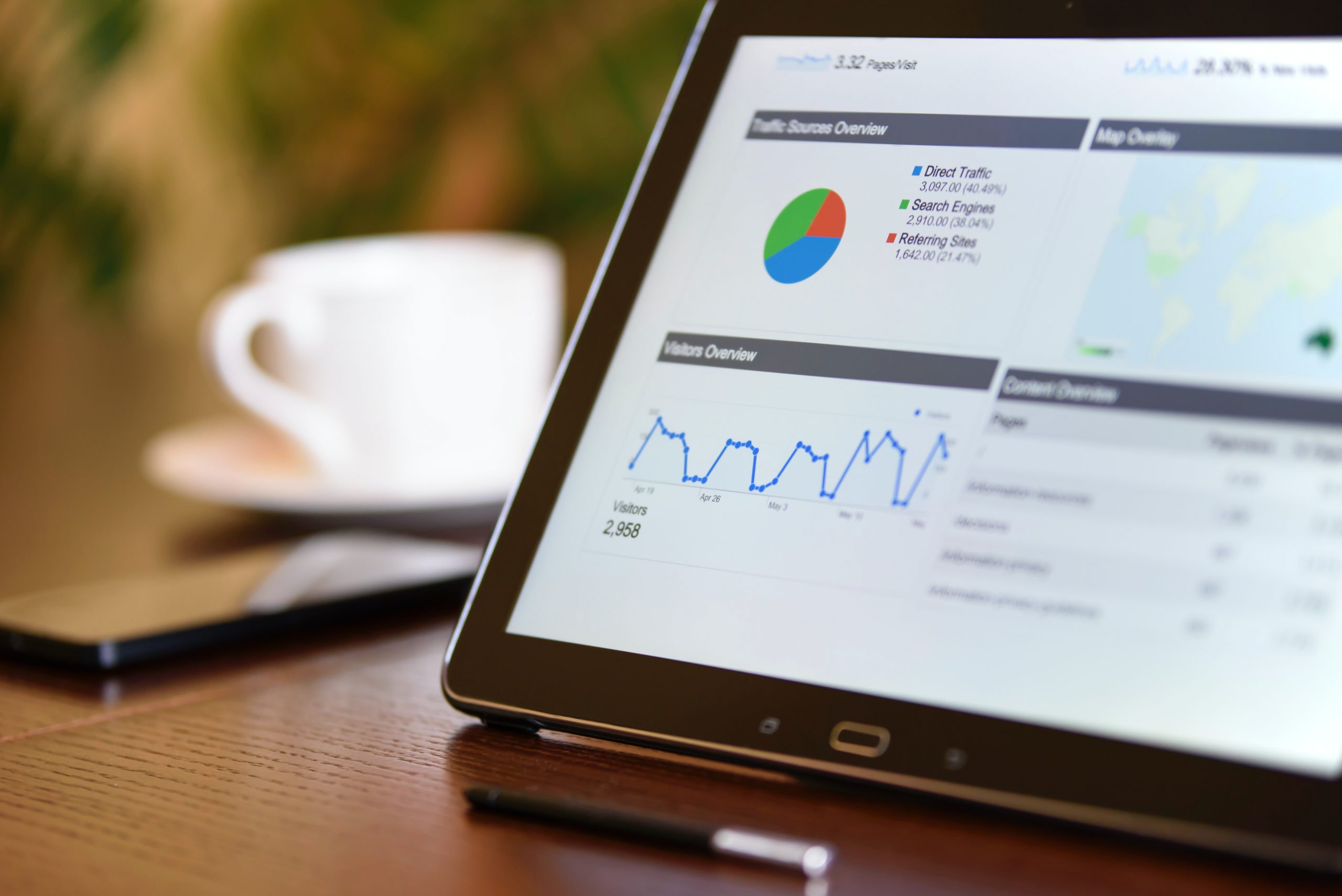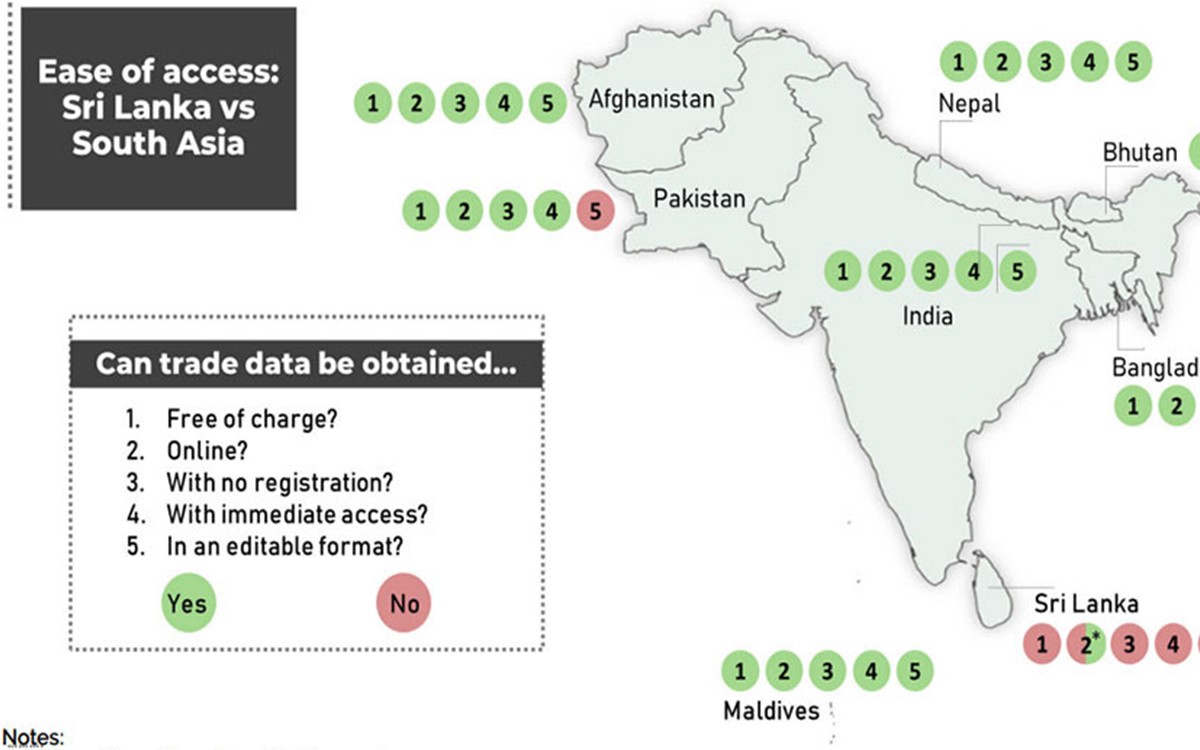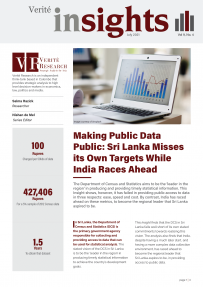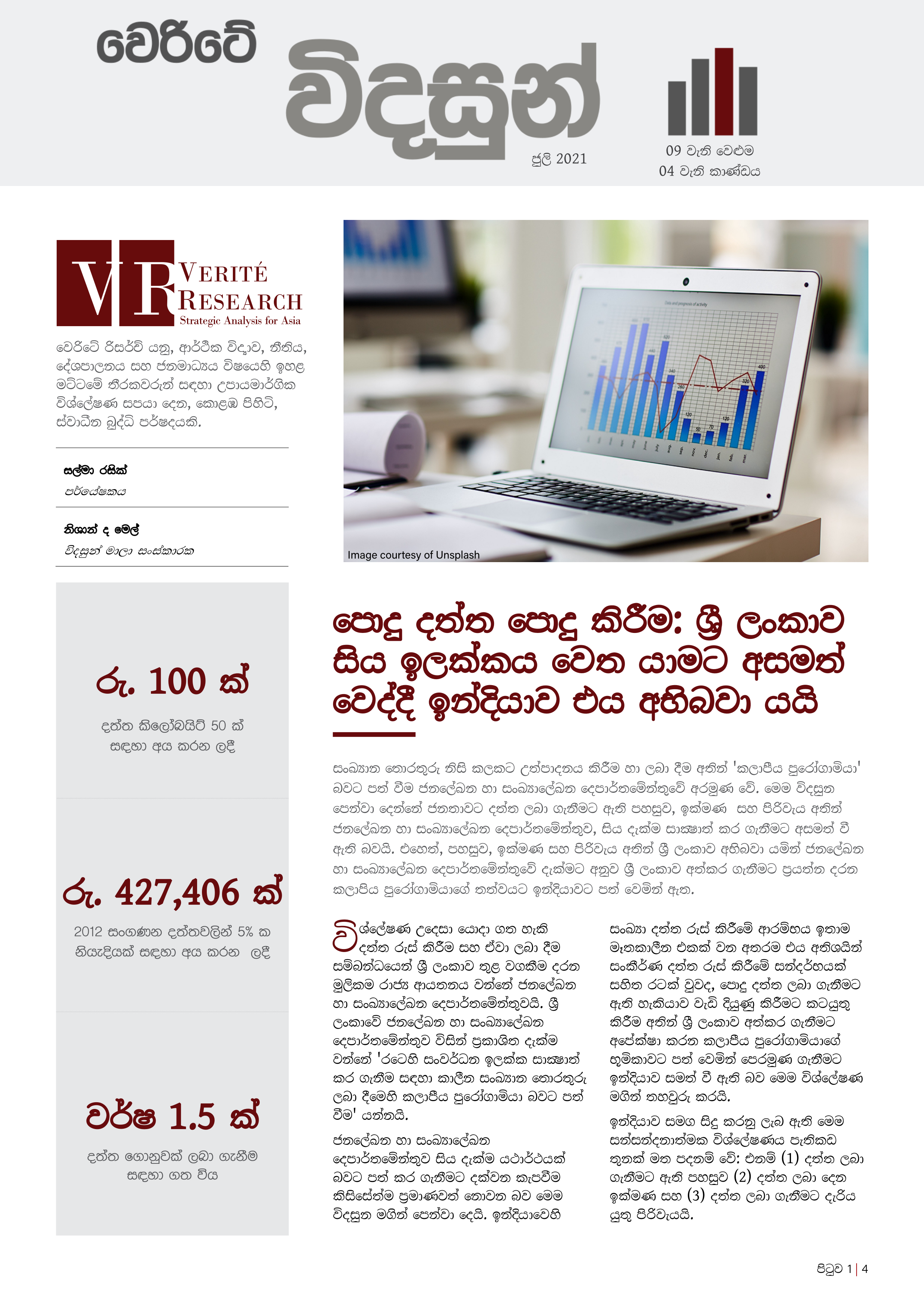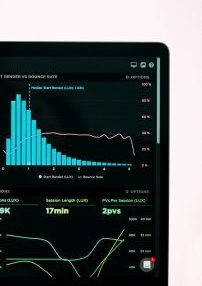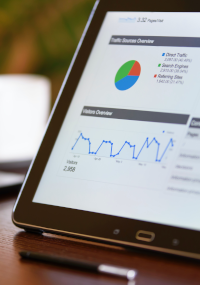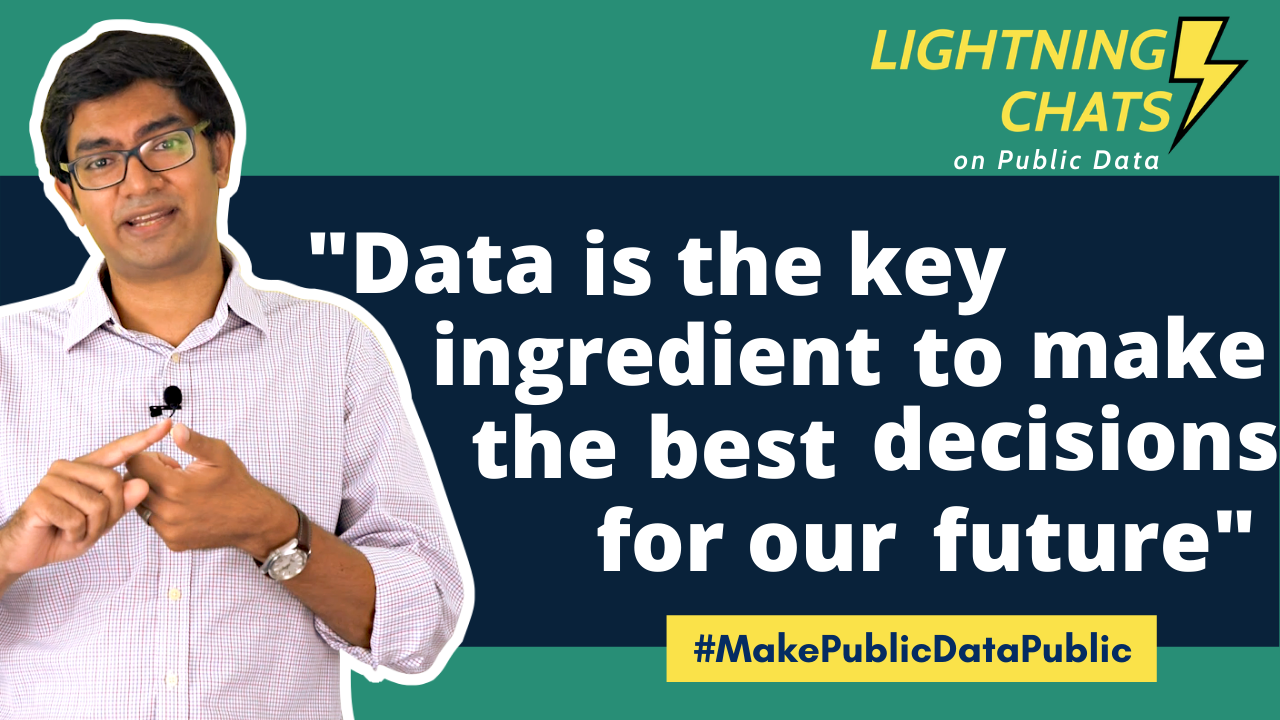
Lightning Chats w/ Asoka Obeyesekere: Why is Public Data Important for Better Governance?
What is public data and why is it important for the public to access this data? Focusing on parliamentary data, Asoka Obeyesekere highlights how having public access to this information can help us understand what our Ministers do in Parliament and how to hold them accountable. This is the first episode of "Lightning Chats on Public Data" by Verité Research - a series exploring the need for public access to public data held by government agencies. By highlighting the experiences of researchers, advocates, professionals and officials, we hope to create a conversation on the need to #MakePublicDataPublic.
Read MoreReliable data is a fundamental prerequisite for a wide range of developmental interventions. Accurate and timely data is important to critically evaluate project alternatives, design evidence-based policy, and target policy interventions. The Government of Sri Lanka routinely collects and maintains vast amounts of data to produce statistics on the state of a country’s economy or society. The rich data collected has the potential to assist in building a robust evidence base to improve the quality of decisions taken by legislators, policy makers, businesses, and the public. The data collected by the government is essentially a public good; they are collected using public funds, and are ‘’non-rival” in nature (i.e. the data collected can be used by multiple users at the same time, for different purposes, without diminishing its value). The current mindset of government agencies, which sees the data they collect as limited only for government use, prevent the country from reaping the enormous benefits of what is in fact a valuable public asset. At Verité, we believe that the catalyst to change this mindset is public demand. To catalyse a change in public mindset and promote a culture where the public see public data as a right and not a concession from a benevolent government officer, Verité aims to create public awareness on the issue and make it a conversation that resonates among everyday citizens.
